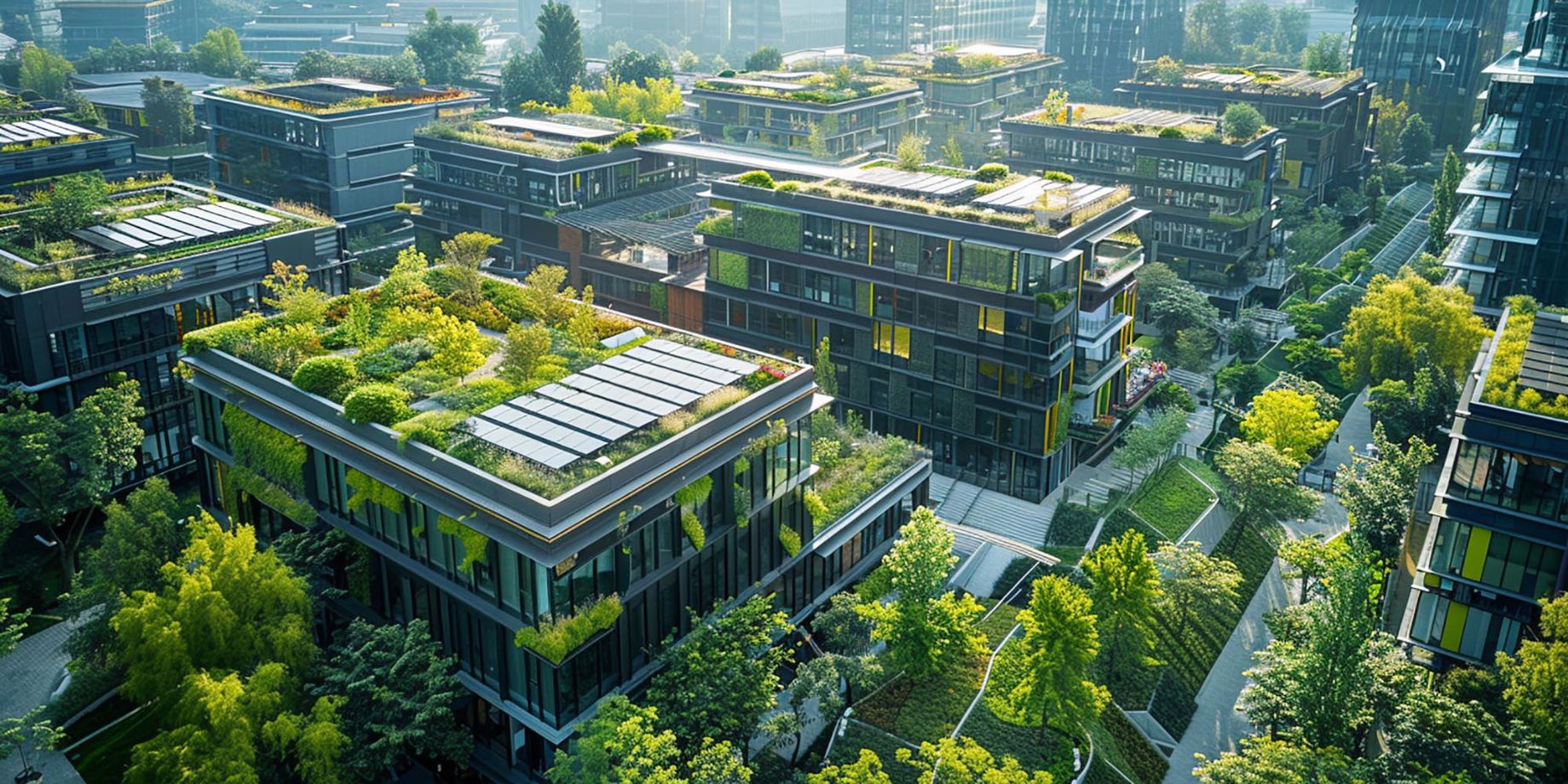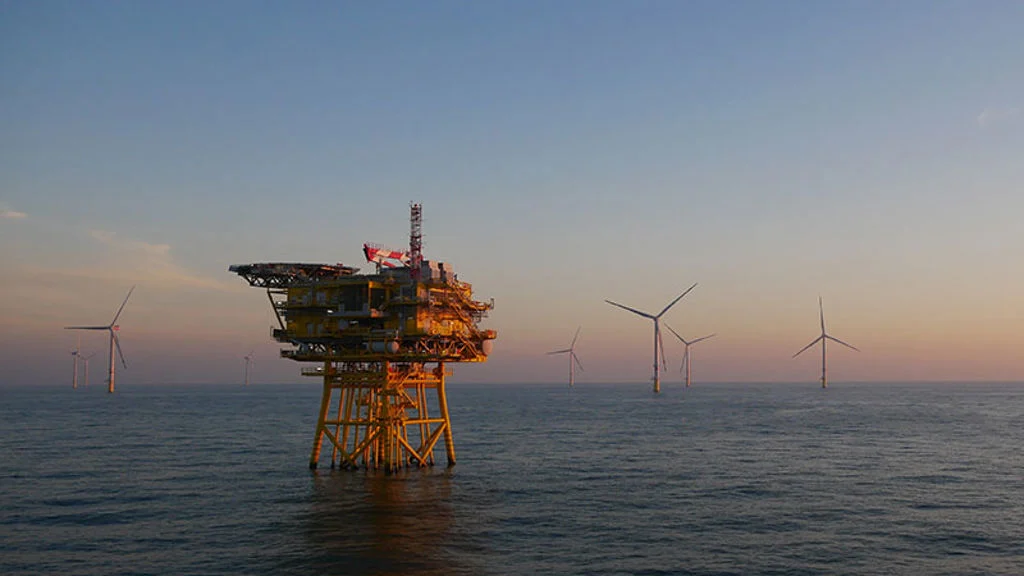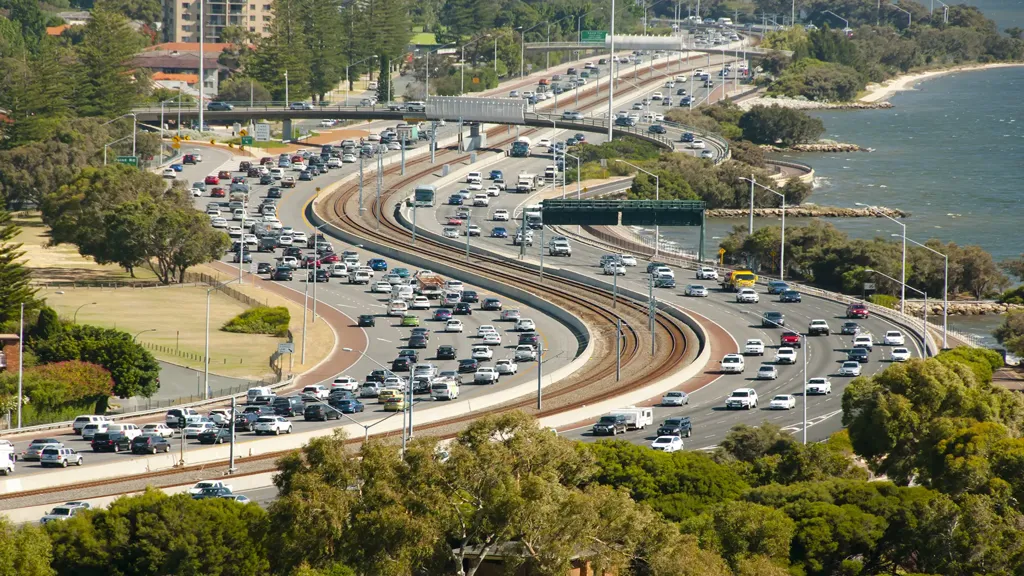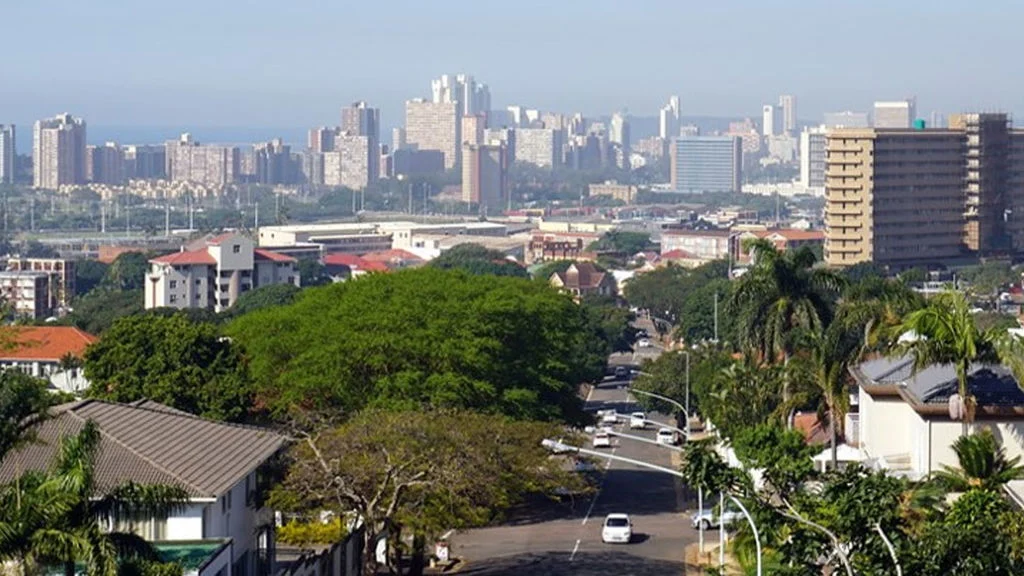How does a city become net zero?

Cities great and small increasingly find themselves on the frontlines of climate change, struggling to deal with extreme heat, intense flooding, pollution and sea level rise. With urbanisation showing no signs of slowing, and the global built environment still the source of more than a third of total greenhouse gas emissions, how cities somehow meet net zero goals while continuing to grow is a tough challenge.
Of course, such a complex, multi-dimensional problem requires a similarly layered approach. At Arup, we see the planning and design process as a way to engage across urban systems, creating the right blend of infrastructure with low operational and embodied carbon use fit for the future.
Decarbonisation is a multi-faceted challenge. The future has to combine retrofit of existing buildings at scale with highly sustainable new build. We need designs that reduce energy consumption. Every building or estate owner will need to reckon with the whole life carbon emissions of their existing or proposed developments (something Arup has begun carrying out on all our client work). And we urgently need to adopt a more circular economy approach to the way buildings use materials, meaning structures are designed to have multiple lives, keeping their elements at the highest levels of value and use for longer.
Transport is central
Investment and implementation of zero emission travel is another priority, backed by the switch to renewable energy, integrating modes and prioritising active travel to tempt people away from private cars. Cities will need smarter and more resilient grids, able to meet growing demand for clean energy. Cities also have a lot to learn from nature itself, in terms of mitigating the effects of climate change.
At every level of city life, achieving net zero represents huge structural changes related to lives, businesses and communities. Ensuring a just transition, where the costs of change are borne fairly, is also vital.
How we tackle this issue:
Projects
Explore more decarbonisation projects

Helping London Gatwick assess carbon emissions to drive sustainable aviation
Carbon emissions study for London Gatwick, United Kingdom

Accelerating the development of global offshore wind infrastructure
Offshore wind farms

Creating a net zero future for Western Australia’s road network
Main Roads Western Australia Net Zero 2050 Transition Roadmap, Australia

Building a carbon-free future for eThekwini’s energy systems
eThekwini 24/7 Carbon-free energy, South Africa

